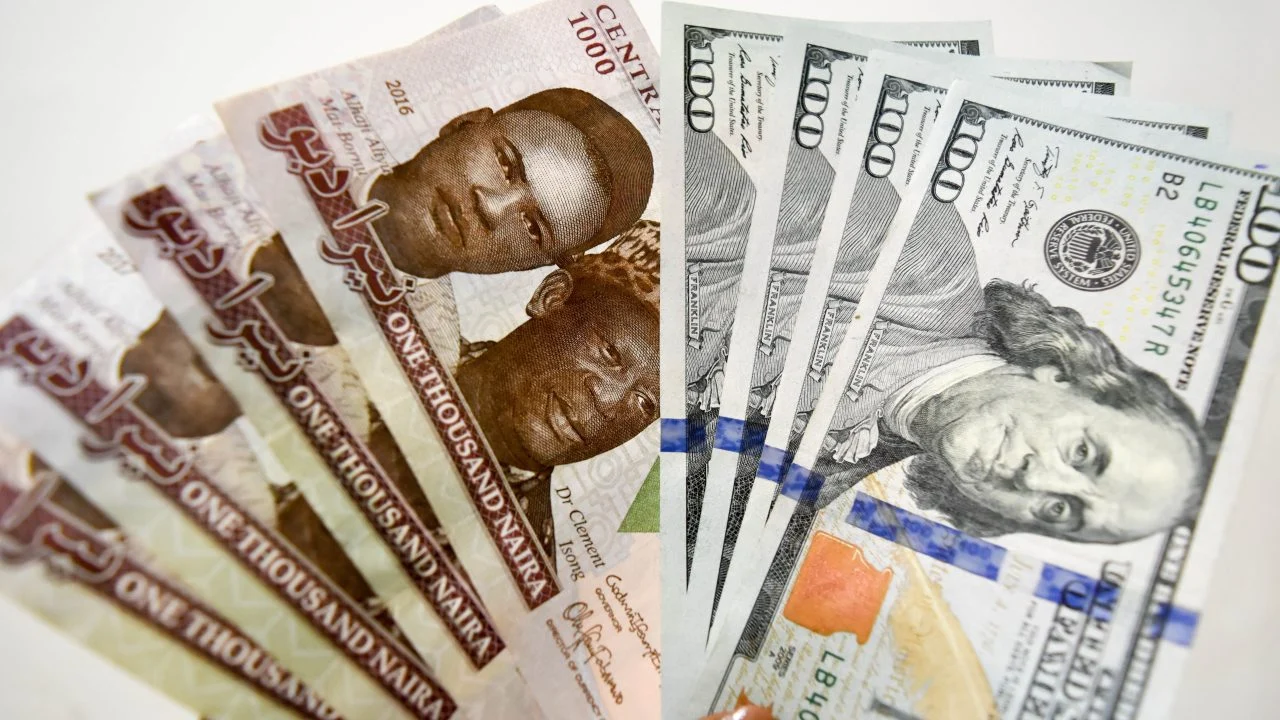A potential rate cut in the United States could offer much-needed relief to the naira, one of the worst-performing currencies this year. Nigeria’s naira has faced significant pressure, plunging nearly 100% since the currency was allowed to float freely last June.
The latest indication of a rate cut came from Jerome Powell, the U.S. Federal Reserve Chair, during the Jackson Hole symposium on August 23, 2024. Powell suggested that the time had come for policy adjustments, hinting at the possibility of rate cuts depending on incoming data and the evolving economic outlook. This has raised hopes that the battered naira could gain some strength.
The Federal Open Market Committee (FOMC), responsible for U.S. monetary policy, has held interest rates steady for the seventh consecutive time. However, with inflation now within the Fed’s target, a rate cut in the coming months is becoming more likely.
Powell’s comments led to a rally in U.S. Treasuries and a decline in the dollar, as investors anticipated lower interest rates. This movement weakened the dollar index, which measures the greenback against a basket of six major currencies, including the euro and yen.
A weaker dollar could help alleviate some of the pressures on the naira, which has been hit hard by recent economic challenges and policy changes, contributing to rising inflation and worsening the cost of living for many Nigerians. A Lagos-based financial expert noted that lower U.S. interest rates could make the dollar less attractive to investors, potentially slowing the naira’s depreciation.
Despite the Central Bank of Nigeria’s (CBN) aggressive efforts to stabilize the naira, including a record $815 million intervention in the foreign exchange market, the currency has remained weak. It closed at 1,570.14 per dollar on Friday at the Nigerian Autonomous Foreign Exchange Market (NAFEM), according to FMDQ Securities Exchange Limited.
If the dollar continues to weaken due to the Fed’s actions, the naira could see some appreciation or at least a slowdown in its decline, according to Ibrahim Bakare, a professor of Economics at Lagos State University. This could provide some relief to Nigeria’s economic struggles.
A potential rate cut in September would mark a shift from the Fed’s restrictive policy, which has been in place since March 2022 when it began raising rates to combat inflation. The target range for the fed funds rate has remained at 5.25%-5.5% since July 2023.
Market optimism has surged following the signal of a potential rate cut, as noted by Tobi Ehinmosan, a macroeconomic analyst at FBNQuest Capital. However, the pace and timing of the rate cuts remain uncertain, with the Fed likely to proceed cautiously.
Analysts suggest that a September rate cut by the Fed could stabilize Nigeria’s exchange rate, as lower U.S. interest rates might push investors to seek higher yields in emerging markets, increasing demand for Nigerian assets and supporting the naira.
A weaker dollar could also ease demand pressure for foreign currency, leading to more stability for the naira. However, maintaining recent improvements in foreign exchange liquidity will be crucial to achieving this.
The anticipated rate cut could not only provide relief to the naira but also lower prices, especially for imported goods, which have been a significant factor in Nigeria’s high inflation rate. With inflation at a near three-decade high of 33.40% in July, any strengthening of the naira could positively impact Nigeria’s inflation figures, offering some hope for consumers.





